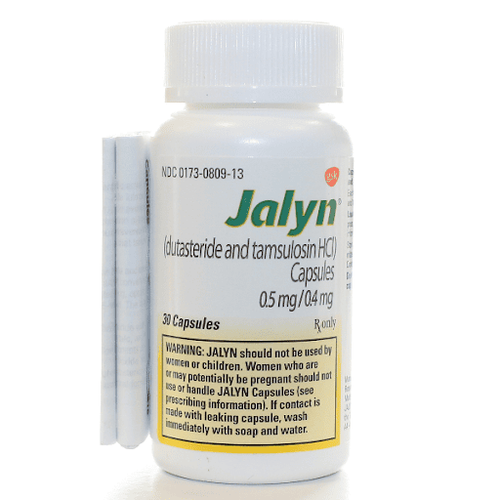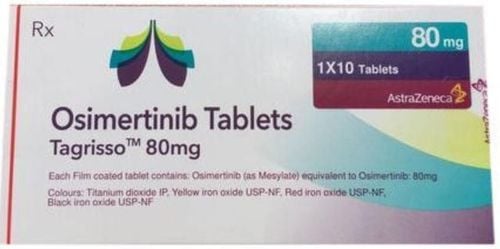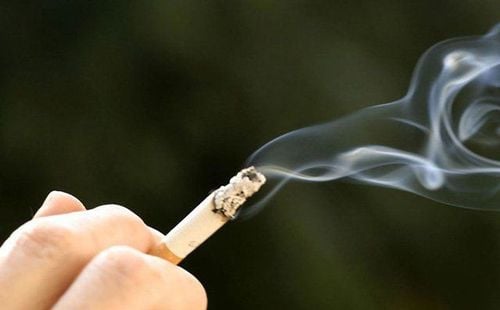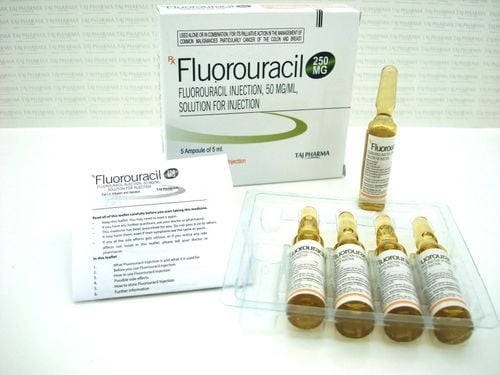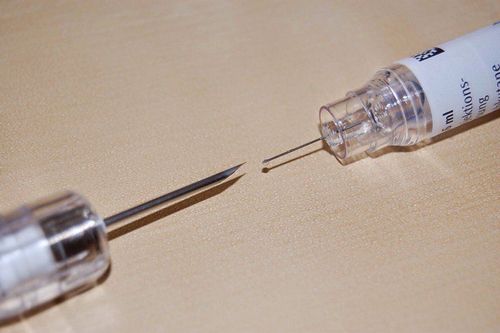This is an automatically translated article.
Cancer is the second leading cause of death globally and caused about 9.6 million deaths in 2018. Globally, about 1 in 6 deaths is due to cancer. So what is the risk and survival rate of cancer patients?
1. Cancer Risk
Lifetime risk of developing or dying from cancer refers to the likelihood that a person, during his or her lifetime (from birth until death), is diagnosed with or dies from cancer. These risk estimates are one way to measure how far a cancer has spread in a country.
Risks are expressed in both percentages and odds.
For example, the risk that a man will develop pancreatic cancer during his lifetime is 1.66%. This means he has about 1 in 60 people developing pancreatic cancer (100 / 1.66 = 60). In other words, 1 in 60 men will develop pancreatic cancer during their lifetime.
The numbers below are the average risk for the UK population as a whole. Therefore, your risk may be higher or lower than these numbers, depending on your specific risk factors.
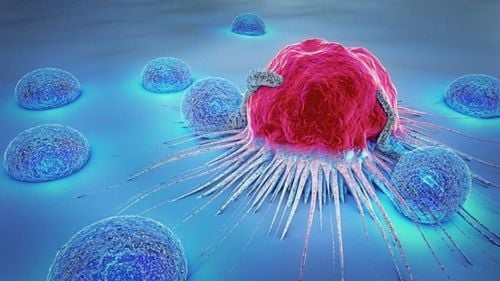
In the UK:
1 in 2 people in the UK born after 1960 will be diagnosed with some form of cancer during their lifetime. Women have a higher risk of breast, lung and bowel cancer than men. Men have a higher risk of prostate, lung and bowel cancers than women. A person's risk of developing cancer depends on many factors, including age, genetics, and exposure to risk factors. Around 4 in 10 cases of cancer in the UK each year could be prevented, which means more than 135,000 cases a year could be prevented. Almost 112,000 cases in England, around 13,000 cases of cancer in Scotland, around 7,200 cases of cancer in Wales and around 3,500 cases of Northern Ireland cancer each year could be prevented. Lung cancer, bowel cancer, melanoma skin cancer and breast cancer together account for almost two-thirds of all preventable cancer cases in the UK. For 10 types of cancer, two of the five most common in the UK (lung cancer and melanoma skin cancer), more than 70 per cent of cancer cases in the UK are due to risk factors known.
Trắc nghiệm: Thử hiểu biết của bạn về bệnh ung thư
Ung thư là nguyên nhân gây tử vong hàng thứ 2 trên thế giới. Thử sức cùng bài trắc nghiệm sau đây sẽ giúp bạn có thêm kiến thức về yếu tố nguy cơ cũng như cách phòng ngừa bệnh ung thư.
Bài dịch từ: webmd.com
Smoking is the biggest cause of cancer in the UK. Being overweight and obese is the second leading cause of cancer in the UK after smoking. Overexposure to ultraviolet (UV) light, exposure to certain substances in the workplace, exposure to certain infections, alcohol consumption, and eating too little fiber are responsible for 3-4% of cases. cancer cases in the UK. Exposure to ionizing radiation and eating processed meat each cause 1-2% of cancer cases in the UK. Exposure to outdoor air pollution and too little physical activity each cause <=1% of cancer cases in the UK. More than 6 in 10 adults in the UK (aged 16 and over) are overweight or obese (body mass index 25 or greater), equivalent to around 34.4 million people.

2. Survival of cancer patients
Half (50%) of people diagnosed with cancer in England and Wales survive for ten years or more (2010-2011). Cancer survival rates are higher in women than in men. Cancer survival rates are improving and have doubled in the last 40 years in the UK. Five-year survival rates for men with cancer in England, Wales and Scotland are lower than the European average. The five-year survival rate for cancer among women in England, Wales and Scotland is lower than the European average. Survival rates vary between cancer types, from 98% for testicular cancer to just 1% for pancreatic cancer. More than 80% of people diagnosed with cancers that are easy to diagnose and/or treat have a cancer survival rate of ten years or more (2010-2011). Less than 20% of people diagnosed with difficult-to-diagnose and/or treat-resistant cancers have a cancer survival rate of ten years or more (2010-2011). Cancer survival rates are generally higher in people diagnosed under the age of 40. With the exception of breast, bowel and prostate cancers, survival rates are highest in middle age. Cancer survival rates are often lower in people living in deprived areas.
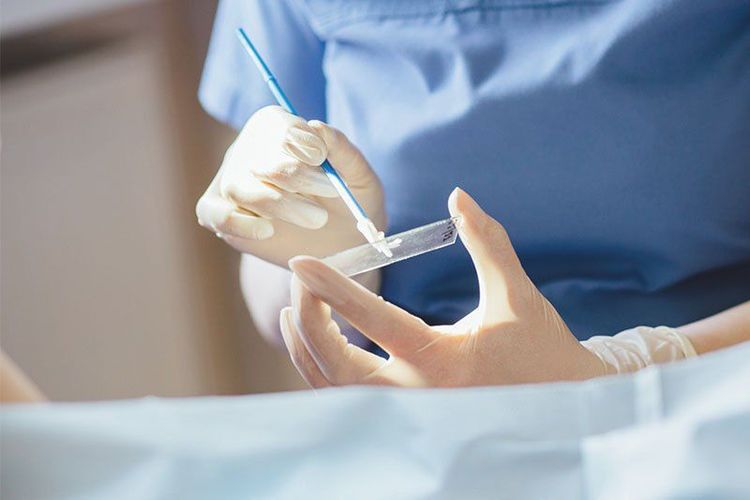
Early cancer screening is considered a perfect measure in the timely detection and treatment of all types of cancer. Reduce the cost of treatment and especially reduce the mortality rate in patients. Vinmec International General Hospital always deploys and introduces to customers HIGH-TECH CANCER CHECKLIST AND SCREENING PACKAGE for gene testing, imaging, and biomarkers for early tumor detection. Vinmec International General Hospital has many early cancer screening packages. Only one gene test can assess the risk of 16 common cancers in both men and women (lung cancer, colon cancer) rectal cancer , breast cancer , pancreatic cancer , cervical cancer , stomach cancer , prostate cancer ,....)
Early detection of early signs of cancer through diagnosis imaging, endoscopy and ultrasound. The operation is simple, careful and accurate. A team of well-trained specialists, especially in oncology, are capable of handling cancer cases. With facilities, advanced and modern medical equipment and a team of doctors with deep expertise and experience. At Vinmec, the examination process becomes quick with accurate results, saving costs and time for patients.
To register for examination and treatment at Vinmec International General Hospital, you can contact Vinmec Health System nationwide, or register online HERE.
References: cancer.org, cancerresearchuk.org, who.int




